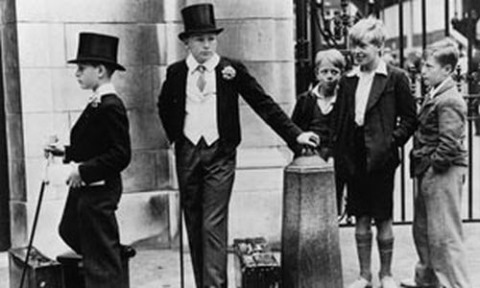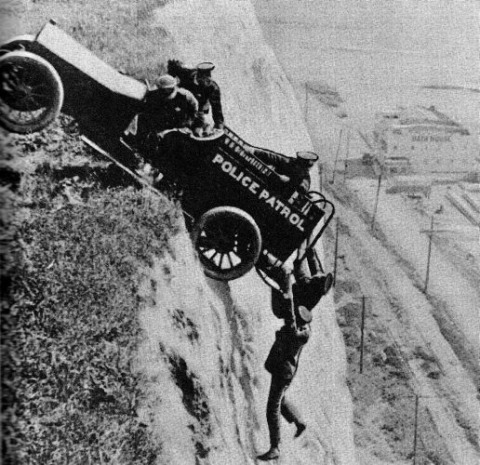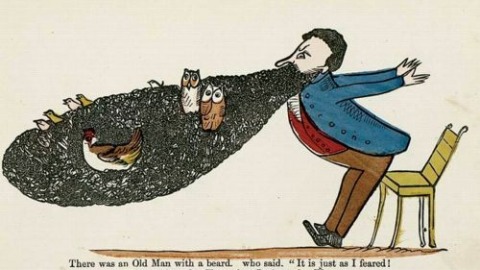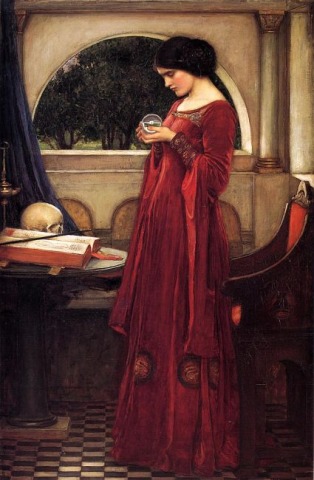
Liberalism is an "upstairs" morality, much as “playing the game" and "good form" used to be in the English upper classes.
Its chief function is to enable our intellectual, professional, and business classes feel virtuous, while at the same time disguising the political mistreatment of the other classes.



 “Who can give it any definition which would not leave the utmost latitude for evasion? I hold it to be impracticable; and from this I infer, that its security, whatever fine declarations may be inserted in any constitution respecting it, must altogether depend on public opinion, and on the general spirit of the people and of the government.”
“Who can give it any definition which would not leave the utmost latitude for evasion? I hold it to be impracticable; and from this I infer, that its security, whatever fine declarations may be inserted in any constitution respecting it, must altogether depend on public opinion, and on the general spirit of the people and of the government.” We interrupt this series of blog posts for an important announcement.
We interrupt this series of blog posts for an important announcement.